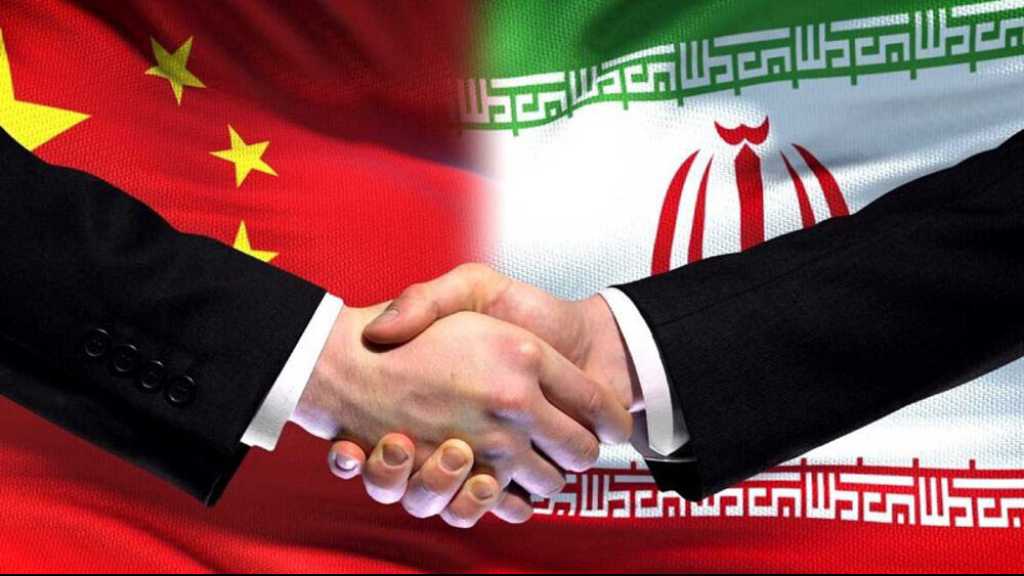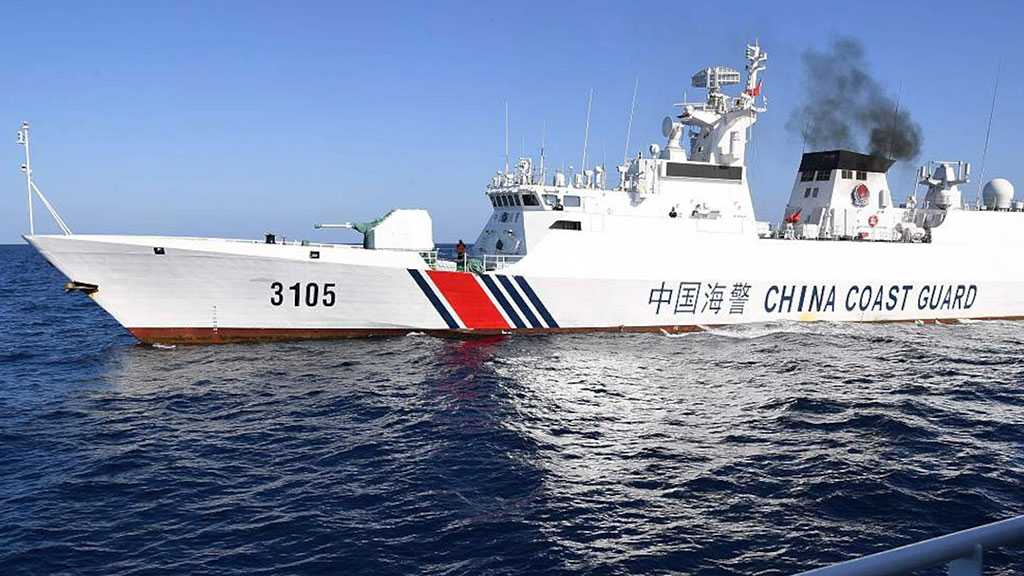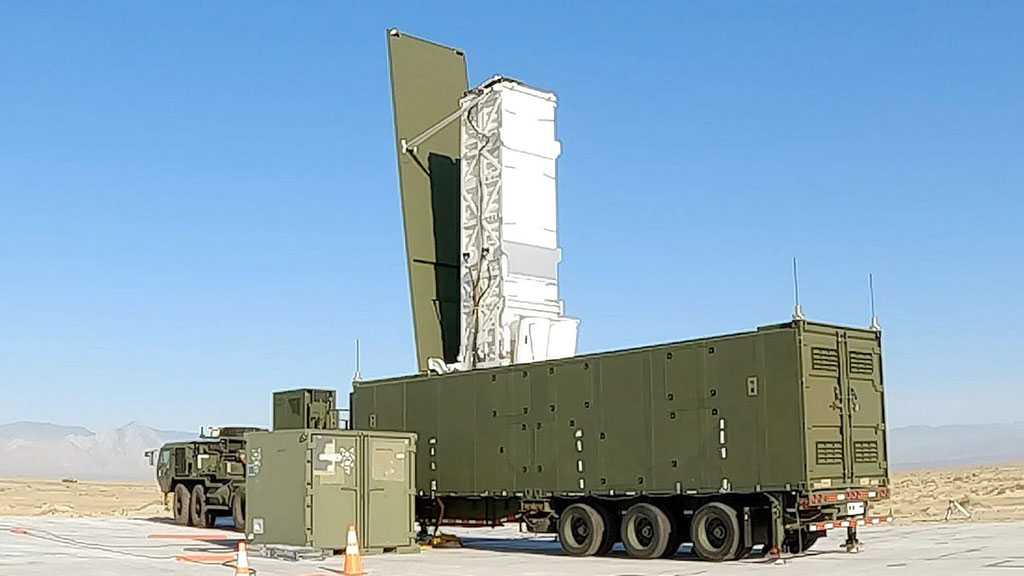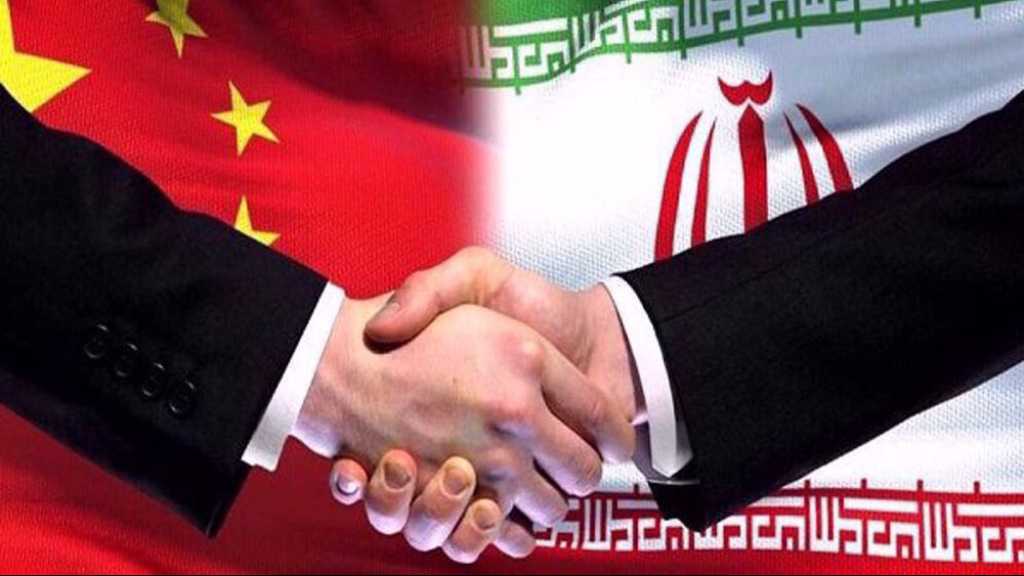
China Slams Reported Plan for US B-52 Bombers in Australia
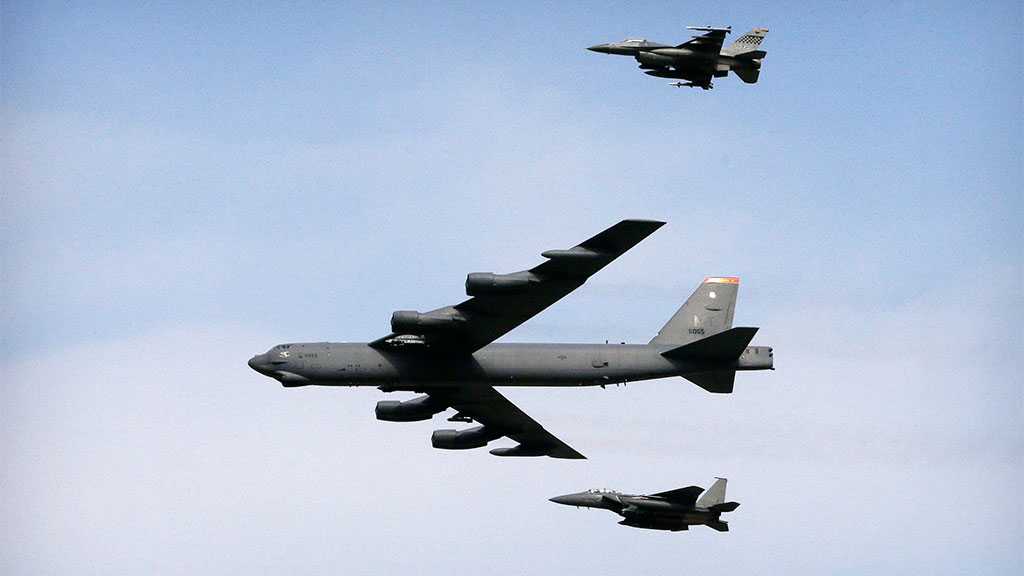
By Staff, Agencies
The United States is preparing to deploy up to six nuclear-capable B-52 bombers in northern Australia, a news report said Monday, prompting China to warn the US of undermining regional peace and stability.
Zhao Lijian, China’s foreign ministry spokesman, speaking at a regular briefing on Monday in Beijing called on the US and Australia to abandon what it called an “outdated Cold War zero-sum mentality” and “narrow geopolitical mindset.”
“Such a move by the US and Australia escalates regional tensions, gravely undermines regional peace and stability, and may trigger an arms race in the region,” Zhao said.
The spokesman stressed that defense and security cooperation between countries should not target third parties, calling for an end to the “Cold War zero-sum mentality.”
He further added that the countries should “do more things that are good for regional peace and stability and mutual trust among all parties.”
"China urges the parties concerned to abandon the old Cold War zero-sum mentality and narrow geopolitical concepts, and do more to contribute to regional peace and stability and to enhance mutual trust,” Zhao said.
According to reports, citing sources familiar with these developments, dedicated facilities for long-range bombers will be set up at the air base, which lies about 300 km south of Darwin, the capital of Australia's Northern Territory.
The development was first reported by the Australian Broadcasting Corp's Four Corners program, citing US documents.
The US plans are seen as a warning to Beijing amid growing tensions between the two countries over Taiwan.
Earlier this year, the US deployed four B-52s to its Andersen Air Force base in Guam, the US island territory in the Western Pacific, in a provocative move.
China enjoys sovereignty over Taipei, and under the internationally-recognized “one-China” policy, nearly all countries recognize that sovereignty, meaning that they would not establish diplomatic contact with its secessionist government.
The US, too, professes adherence to the principle, but in violation of its stated policy and in an attempt to provoke Beijing, Washington courts the secessionist government in Taipei supports its anti-China stance and supplies it with massive amounts of armaments.
Comments
- Related News
